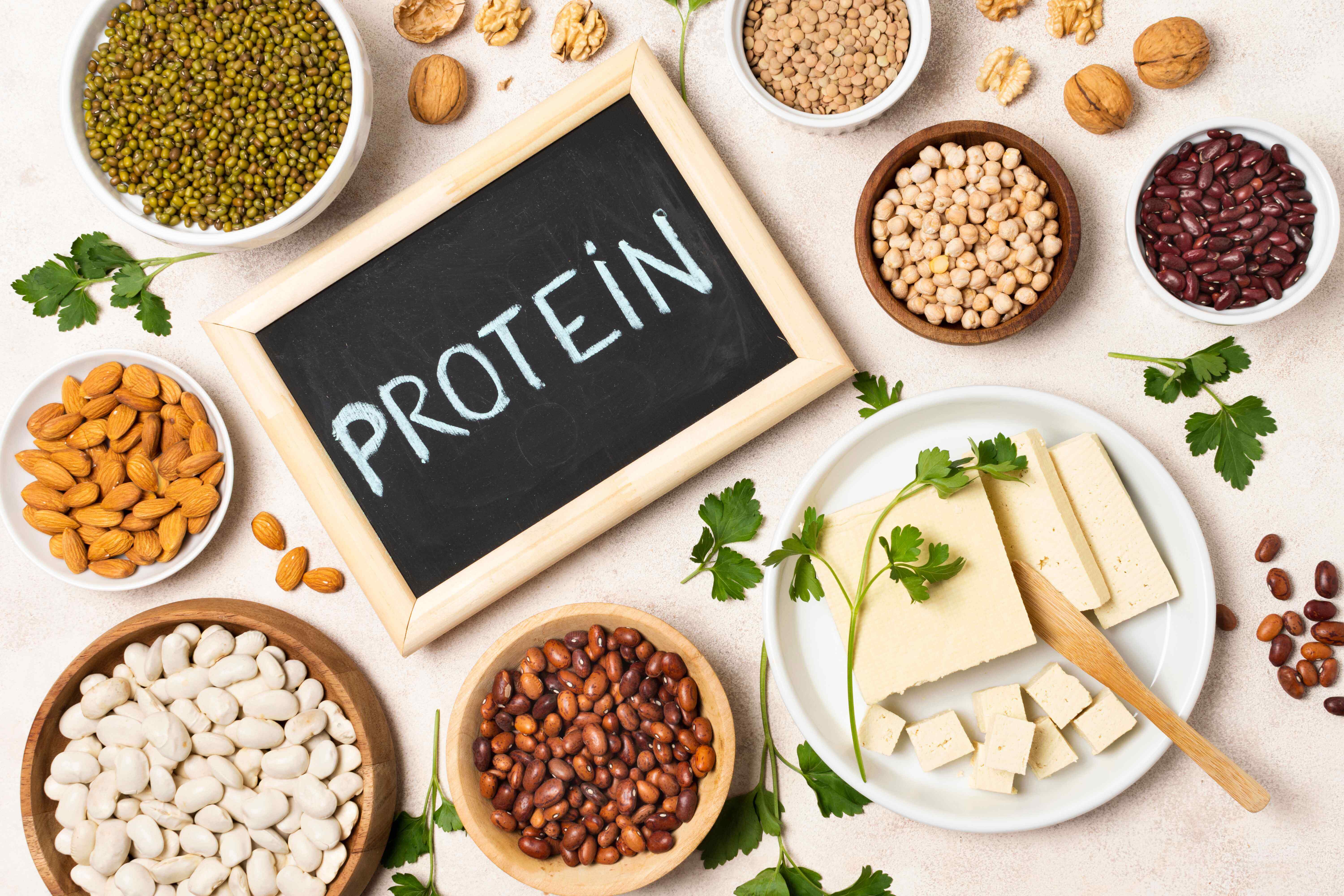Maintaining fitness and a healthy lifestyle is not just about occasional bursts of activity or following fad diets; maintain Fitness and Lifestyle it’s a holistic approach to wellness that encompasses physical, mental, and emotional well-being.

Protein plays a main advantage in supporting physical fitness. fill your body nutrition requirement with a balanced diet and great fats.
Physical fitness forms the cornerstone of a healthy lifestyle. It encompasses various aspects such as cardiovascular endurance, muscular strength, flexibility, and body composition. Regular exercise is crucial for maintaining physical fitness. This could include a combination of aerobic exercises like running, cycling, or swimming, strength training with weights or bodyweight exercises, and flexibility exercises like yoga or Pilates.
Consistency is key of Fitness and Lifestyle when it comes to physical fitness. Setting realistic goals and creating a workout routine that fits your schedule and preferences can help you stay on track. Aim for at least 150 minutes of moderate-intensity aerobic activity or 75 minutes of vigorous-intensity activity per week, along with muscle-strengthening activities on two or more days a week.

Nutrition plays a vital role in supporting physical fitness. Fuel your body with a balanced diet rich in fruits, vegetables, whole grains, lean proteins, and healthy fats. Stay hydrated by drinking plenty of water throughout the day, especially before, during, and after exercise. Avoid excessive consumption of processed foods, sugary snacks, and alcohol, which can hinder your fitness goals.
Mental and Emotional Well-being:
In addition to physical fitness, mental and emotional well-being are equally important for maintaining a healthy lifestyle. Stress management techniques such as meditation, deep breathing exercises, or mindfulness practices can help alleviate stress and promote mental clarity. Prioritize sleep and aim for 7-9 hours of quality sleep each night to support overall well-being.

Cultivating a positive mindset and practicing self-care are essential aspects of maintaining mental and emotional health. Surround yourself with supportive relationships, engage in activities that bring you joy and fulfillment, and make time for hobbies and interests outside of work or exercise. Set boundaries to protect your time and energy, and learn to say no to activities or commitments that drain you.
Lifestyle Habits:
Incorporating in Fitness and Lifestyle habits into your daily routine can significantly impact your overall well-being. Make time for regular physical activity by scheduling workouts into your calendar and treating them as non-negotiable appointments. Find activities that you enjoy and look forward to, whether it’s a group fitness class, a nature hike, or a dance session in your living room.

Practice mindful eating by paying attention to hunger and fullness cues, eating slowly, and savoring each bite. Avoid mindless snacking in front of the TV or computer, and practice portion control to prevent overeating. Plan and prep meals ahead of time to ensure you have nutritious options readily available when hunger strikes.
Prioritize self-care activities such as taking breaks throughout the day to recharge, practicing gratitude, and engaging in activities that promote relaxation and stress relief. Whether it’s spending time in nature, reading a book, or enjoying a hot bath, find what works best for you and make it a regular part of your routine.
In conclusion, maintaining fitness and a healthy lifestyle requires a multifaceted approach that encompasses physical, mental, and emotional well-being. By incorporating regular exercise, nutritious eating habits, stress management techniques, and self-care practices into your daily routine, you can cultivate a balanced and fulfilling lifestyle that supports your overall health and happiness.
YouTube link:- https://www.youtube.com/@fitlisfitness?sub_confirmation=1
Vlog YouTube link:- https://www.youtube.com/@kk07vlog?sub_confirmation=1
powerlifting competition – https://youtu.be/j-yA6ecK4Hw
check IHFF 2023 bodybuilding competition –https://youtu.be/wqA73RduPNQ
Blogs:- https://fitlis.in/blog
Website:- http://fitlis.in/
Instagram KAPIL:- https://www.instagram.com/kapilkumar_79/
Instagram FITLIS:- https://www.instagram.com/fitlis_fitness/
Facebook:- https://www.facebook.com/kapilkumar.7790/

